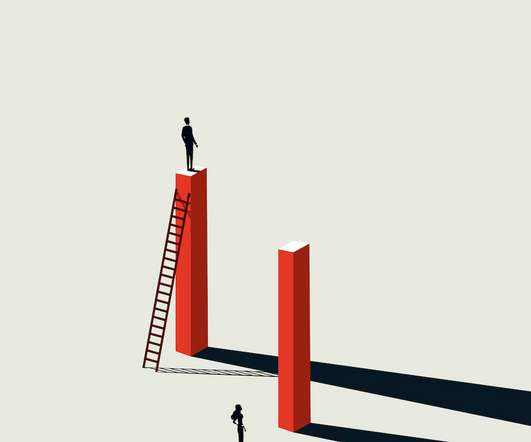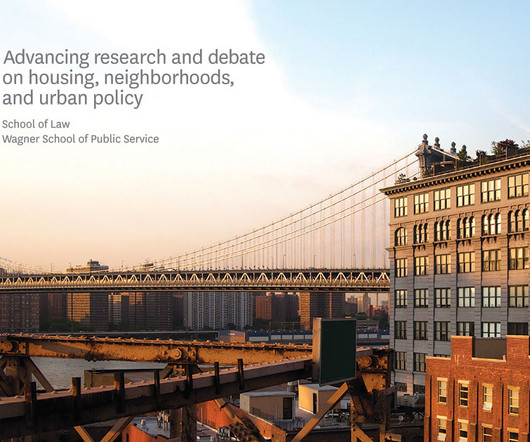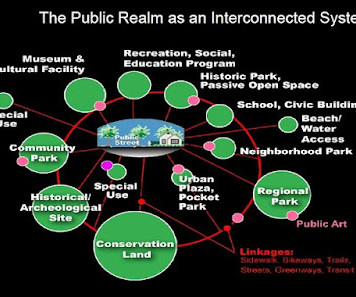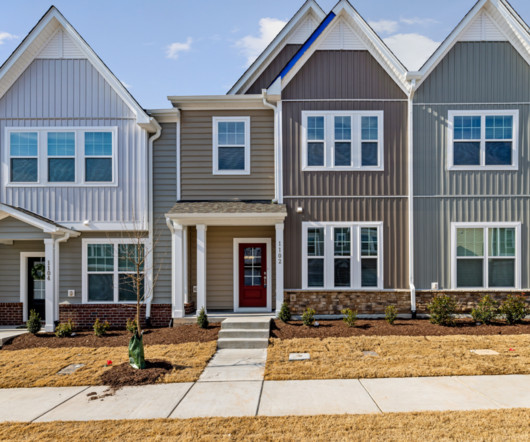Shutdowns and continuing resolutions aren’t the answer of effective government
Partnership for Public Service
SEPTEMBER 22, 2023
The full House and Senate still need to consider and vote on these bills. And since 1976, our government has shut down 21 times for at least a day, when Congress could not agree on appropriations or pass stopgap funding, including a partial government shutdown of 35 days in 2018-2019.













Let's personalize your content